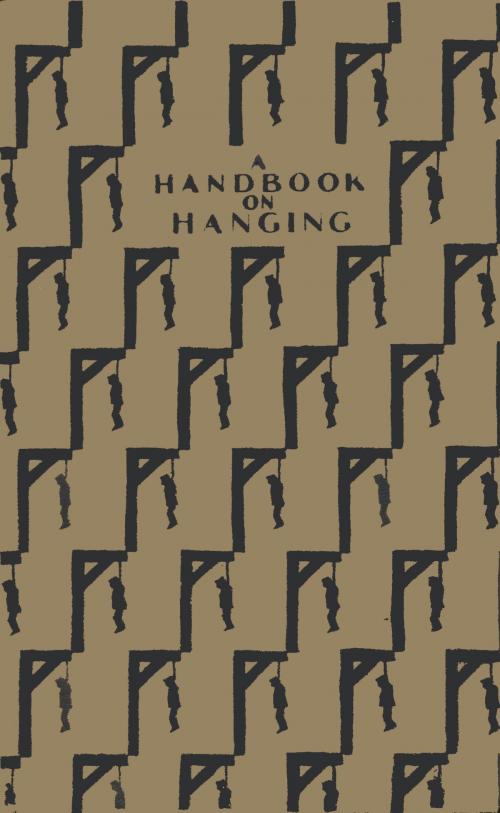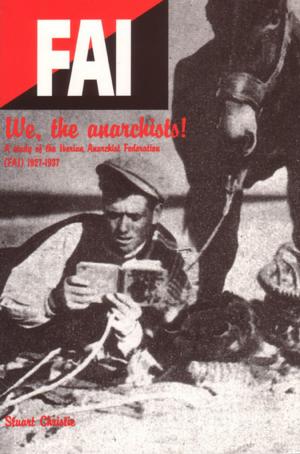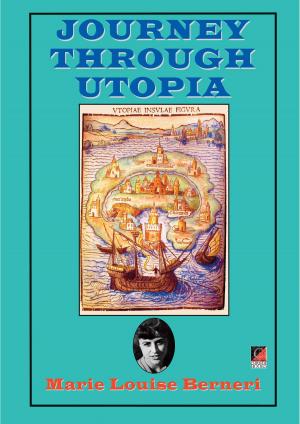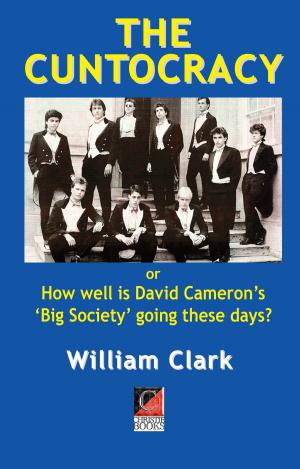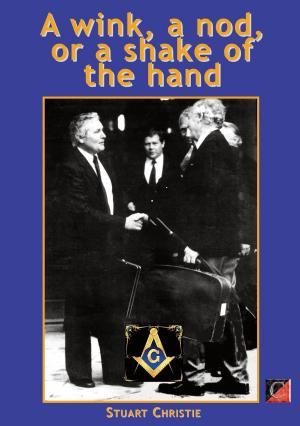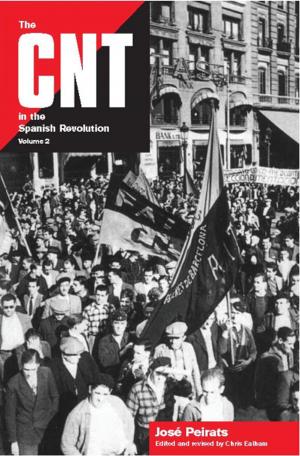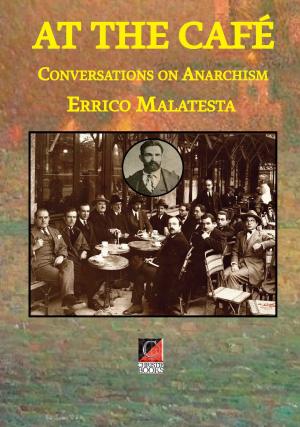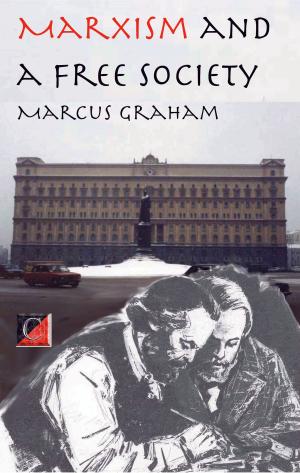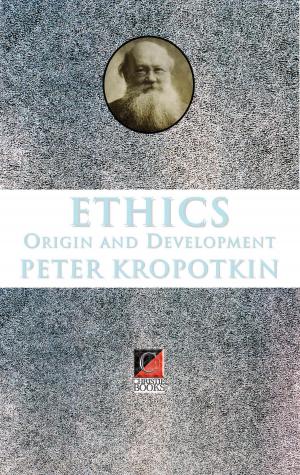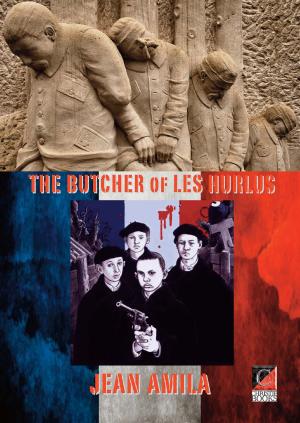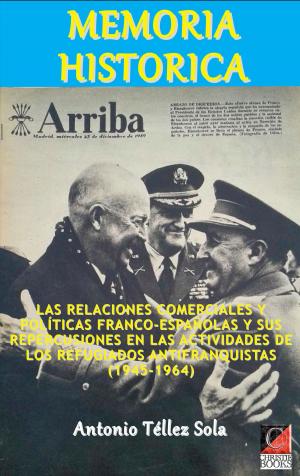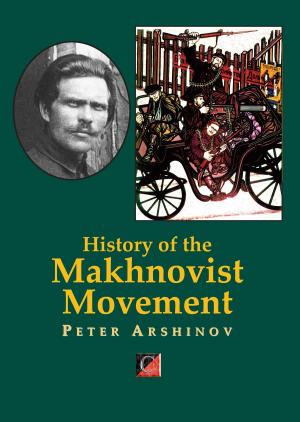A HANDBOOK ON HANGING
Being a short introduction to the fine art of Execution ...
Nonfiction, Social & Cultural Studies, Social Science, Crimes & Criminals, Penology, Murder, True Crime| Author: | Charles Duff | ISBN: | 1230000237632 |
| Publisher: | ChristieBooks | Publication: | May 7, 2014 |
| Imprint: | ChristieBooks | Language: | English |
| Author: | Charles Duff |
| ISBN: | 1230000237632 |
| Publisher: | ChristieBooks |
| Publication: | May 7, 2014 |
| Imprint: | ChristieBooks |
| Language: | English |
Charles Duff’s 1928 study of state sanctioned-killing, botched executions and the relative merits and demerits of decapitation. ‘A Handbook on Hanging’ is an anti-capital punishment polemic in the honourably ironic tradition of Jonathan Swift and Stephen Leacock. Duff updated his ‘Handbook’ in 1938, 1948 and in 1961, but this version is the original 1928 edition.
Charles Duff (Enniskillen, N.I., 1894-1966) a talented linguist and travel writer, served in the British Merchant Navy during WWI, trained as a barrister (Gray’s Inn) and was later recruited into the Foreign Office (Special Intelligence Service —MI6). He resigned from SIS and the Foreign Office during the Spanish Civil War/Revolution claiming it was not only solidly supportive of fascism in Spain and elsewhere, it was also prepared to back a similar system in the UK should the appropriate circumstances arise. Albert (Meltzer) knew him through Charlie Lahr (a German anarchist bookseller who escaped to London to avoid conscription into the Kaiser’s army and who remained there, selling second-hand and antiquarian books, for the rest of his life), whose Bloomsbury libertarian socialist bookshop both Albert and Charles regularly frequented (Charlie later moved the bookshop to basement premises in King’s Cross which is where I — Stuart Christie, publisher — knew him years later). According to Albert, Donovan Pedelty (author of ‘The Great Deception’) and his close friend the German-Scottish anarchist John Olday, who knew him in the 1940s and ’50s, Charles Duff described himself as an anarchist. He was also a close friend of Howard Fast.
Charles Duff’s 1928 study of state sanctioned-killing, botched executions and the relative merits and demerits of decapitation. ‘A Handbook on Hanging’ is an anti-capital punishment polemic in the honourably ironic tradition of Jonathan Swift and Stephen Leacock. Duff updated his ‘Handbook’ in 1938, 1948 and in 1961, but this version is the original 1928 edition.
Charles Duff (Enniskillen, N.I., 1894-1966) a talented linguist and travel writer, served in the British Merchant Navy during WWI, trained as a barrister (Gray’s Inn) and was later recruited into the Foreign Office (Special Intelligence Service —MI6). He resigned from SIS and the Foreign Office during the Spanish Civil War/Revolution claiming it was not only solidly supportive of fascism in Spain and elsewhere, it was also prepared to back a similar system in the UK should the appropriate circumstances arise. Albert (Meltzer) knew him through Charlie Lahr (a German anarchist bookseller who escaped to London to avoid conscription into the Kaiser’s army and who remained there, selling second-hand and antiquarian books, for the rest of his life), whose Bloomsbury libertarian socialist bookshop both Albert and Charles regularly frequented (Charlie later moved the bookshop to basement premises in King’s Cross which is where I — Stuart Christie, publisher — knew him years later). According to Albert, Donovan Pedelty (author of ‘The Great Deception’) and his close friend the German-Scottish anarchist John Olday, who knew him in the 1940s and ’50s, Charles Duff described himself as an anarchist. He was also a close friend of Howard Fast.
